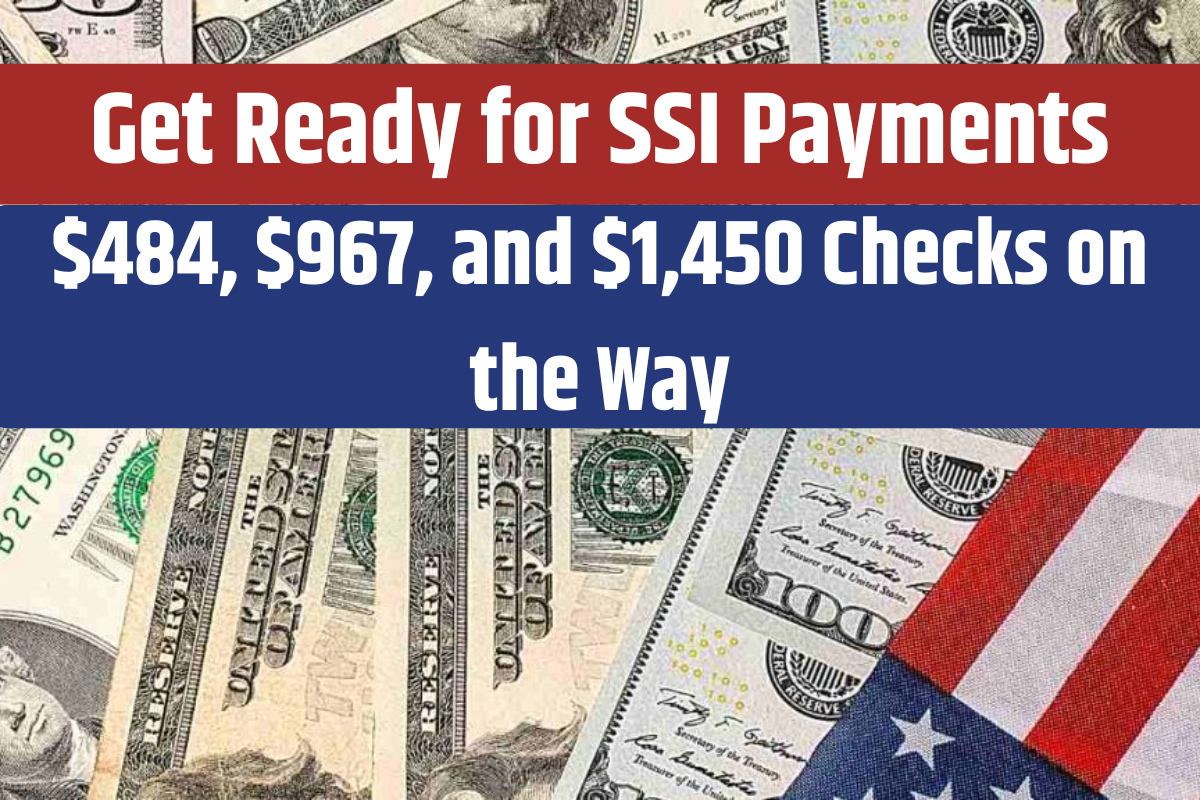The Supplemental Security Income (SSI) program will issue March payments early, on February 28, 2025, instead of March 1. This adjustment occurs because March 1 falls on a Saturday, and payments are generally rescheduled when they fall on a weekend or Federal Holiday. The Social Security Administration (SSA) is making this change to ensure that over 7 million Americans who rely on SSI for their basic needs will receive their benefits on time.
Why Was the March 1 SSI Payment Rescheduled?
Although March 1 is not a Federal Holiday, it falls on a Saturday. Since federal benefits like SSI are not typically issued on weekends or holidays, the SSA must adjust the payment schedule. By rescheduling the payment to February 28, the SSA ensures that recipients receive their essential funds promptly and without delay. This change is particularly important for low-income Americans who depend on this money for their day-to-day expenses.
What is the Maximum SSI Payment?
The maximum amount you can receive from the SSI program depends on several factors, such as your income and living situation. The SSA has established three different types of maximum payments based on eligibility criteria. For 2025, these amounts are as follows:
- For eligible married couples: Up to $1,450 per month. This is the new maximum after the 2025 Cost-of-Living Adjustment (COLA).
- For individuals: Up to $967 per month. However, your payment may be lower if you have any reductions based on income or resources.
- For an essential person (someone who helps a recipient with their daily needs): Up to $484 per month.
Can I Get SSI Benefits If I’ve Never Applied?
If you’ve never applied for SSI, it’s unlikely you’ll start receiving benefits immediately due to the long application processing times. However, there is a possibility to expedite the process if you qualify under certain conditions, such as having a qualifying disability.
SSI benefits are issued once per month, and they are designed to provide additional support to those with low income. Even if you are receiving other benefits like SSDI (Social Security Disability Insurance) or retirement benefits, you may still qualify for SSI as an additional source of income. Many Americans are unaware that they qualify for both benefits, and they miss out on this crucial financial support.
FAQ:
Why was my March SSI payment rescheduled for February 28?
The Social Security Administration rescheduled the payment because March 1 falls on a Saturday. Payments are typically issued on weekdays, and when a payment date falls on a weekend or holiday, it is moved to the previous business day.
How much can I receive from SSI?
The maximum SSI amount depends on your situation:
- For married couples, it can be up to $1,450.
- For individuals, it can be up to $967.
- An essential person can receive up to $484.
Can I get SSI benefits if I haven’t applied yet?
If you haven’t applied for SSI yet, it is unlikely you’ll receive benefits right away due to long processing times. However, if you have a qualifying disability, you may be eligible for expedited processing. SSI is also available to those receiving SSDI or retirement benefits.
How do I apply for SSI?
You can apply for SSI through the Social Security Administration‘s website or by visiting your local office. Make sure to have all required documents, such as proof of income and your disability status, to support your application.
Can I receive SSI and SSDI at the same time?
Yes! Many people who are eligible for SSDI (Social Security Disability Insurance) also qualify for SSI. This combination of benefits can help people meet their financial needs if their income is low.
How does the Cost-of-Living Adjustment (COLA) affect my SSI payment?
The COLA is an annual adjustment made to Social Security benefits, including SSI, to help recipients keep up with inflation. The 2025 COLA has increased SSI payment amounts, with individuals receiving up to $967 and married couples up to $1,450.
Conclusion
The upcoming early SSI payment on February 28 ensures that recipients will not miss out on crucial benefits, especially since March 1 falls on a Saturday. It’s essential for SSI recipients to be aware of payment changes and the maximum benefit amounts, which vary depending on your eligibility. If you haven’t yet applied for SSI, now may be the time to explore whether you qualify for this important financial assistance, particularly if you are already receiving other Social Security benefits.

